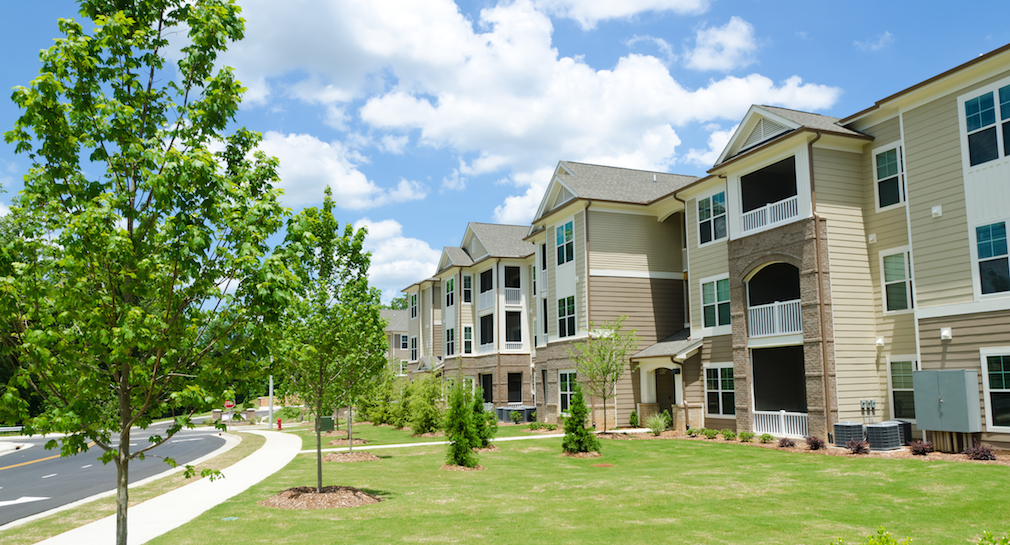For local economies to thrive, affordable housing must be built.
According to Blake Plumley, CEO of Capital Pursuits, a real estate development and management firm, the affordable housing crisis is having tangible effects on local economies as it puts the squeeze on service workers who must relocate to find places to live.
In his opinion piece on Forbes’ site, he lays out the direct effects he witnessed while on vacation in a Colorado town:
While my family escaped the Florida heat and humidity, we enjoyed the breathtaking beauty of Colorado. Yet, we were reminded daily of the real-world challenges that many communities across America are experiencing due to a lack of workforce housing. From restaurants that were unable to get out food in a timely manner to resorts forced to close amenities, the lack of affordable housing is impacting businesses and consumers like never before. The destination communities that rely on tourism dollars are especially susceptible to economic impact that this lack of housing for front-line staff creates.
Plumley recounts how last year, in the town of Steamboat Springs, Colorado, 80 residents lined up at 3 a.m. to apply for 48 new affordable apartments, some of whom took the day off of work to apply. Within two days, the property had a years long waitlist that forced at least 32 residents to find housing elsewhere.
According to Plumley the result has been unanswered “now hiring” signs hanging from tourism supported windows.
Businesses are struggling to find staff and its begun to sour the town as vacationers feel the absence of service.
Plumley says it’s time for the industry to take notice of unbalanced markets and do something about them, lest we lose them altogether and cut the legs from under the economy. Again, from the Forbes piece:
Our community of real estate and land development professionals must come together and identify markets like Steamboat Springs, Colorado that appear to be woefully out of balance. Then we must support the relevant initiatives of HUD and work together with organizations like the Urban Land Institute (of which I am a member) to partner with the communities and their administrations to address the challenges in front of us. We will do this by building new product that meets the demands of a community where everyone has access to housing, allowing the economic engines to continue to roar






